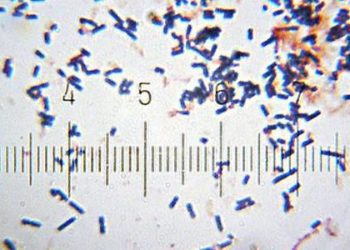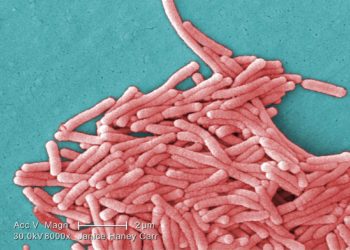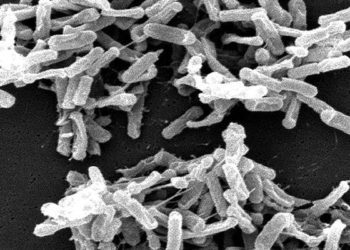Demand for FMT likely to increase with rise in multiply recurrent C. difficile cases
1. Multiply recurrent Clostridium difficile infection (mrCDI) incidence has increased disproportionately to Clostridium difficile infection (CDI), independent of known risk factors for CDI.
2. There is a rising demand for mrCDI therapies in the future.
Evidence Rating Level: 2 (Good)
Study Rundown: CDI is a significant health concern. Not only is CDI a major health care-associated infection, but it also recurs frequently. In fact, 13% to 50% of patients will have at least 1 recurrence after an initial episode, known as mrCDI. These patients tend to require treatment by fecal microbiota transplantation (FMT)—a highly expensive therapy. The authors of this study aimed to determine whether the incidence of mrCDI is increasing in proportion to CDI and to identify risk factors for mrCDI. Generally, they observed that there is an excessive rise in mrCDI. This study has several limitations. First, only commercially insured American patients were included in the primary analysis. Additionally, administrative claims data was used to identify patients with CDI. Overall, the results of this study indicate that mrCDI has increased disproportionately to CDI; as such, FMT treatment demand may increase in the future.
Click to read the study, published in the Annals of Internal Medicine
Relevant Reading: The Reproductive Care of Women Living With Hepatitis C Infection
In-Depth [retrospective cohort]: The authors of this study conducted a retrospective cohort study involving 38 911 718 commercially insured patients in the OptumInsight Clinformatics Database. Of this cohort, 45 341 patients developed CDI and 1669 developed mrCDI. The outcomes for this study included both age and sex-standardized incidence rates for CDI and mrCDI. It was observed that mrCDI increased at a disproportionate rate compared to CDI. For example, the annual incidence of CDI and mrCDI per 1000 person-years from 2001 to 2012 increased by 42.7% (from 0.4408 to 0.6289 cases) and 188.8% (From 0.0107 to 0.0309 cases), respectively. While the increase in mrCDI was independent of CDI risk factors, chronic kidney disease and diagnosis in nursing homes were associated with increased risk for mrCDI.
Image: PD
©2017 2 Minute Medicine, Inc. All rights reserved. No works may be reproduced without expressed written consent from 2 Minute Medicine, Inc. Inquire about licensing here. No article should be construed as medical advice and is not intended as such by the authors or by 2 Minute Medicine, Inc.






![Metformin treats Fragile X syndrome symptoms in mice [PreClinical]](https://www.2minutemedicine.com/wp-content/uploads/2017/07/Metformin_500mg_Tablets-75x75.jpg)
